Top 30 MEAN Stack Developer Interview Questions
4.5 out of 5 based on 12573 votesLast updated on 12th Feb 2024 16.88K Views
- Bookmark

The MEAN stack is a popular web development framework that consists of four main technologies: MongoDB (M), Express.js (E), Angular (A), and Node.js (N).
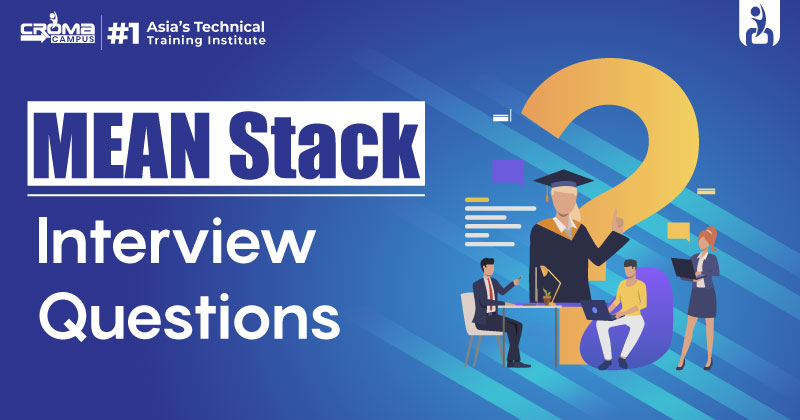
What Refers to MEAN Stack?
The MEAN stack is a popular web development framework that consists of four main technologies: MongoDB (M), Express.js (E), Angular (A), and Node.js (N). MongoDB is a NoSQL database, Express.js is a web application framework for Node.js, Angular is a front-end JavaScript framework, and Node.js is a server-side JavaScript runtime. Together, they form a full-stack solution for building a dynamic web application. In the present scenario, imbibing MEAN stack developer skills will help you stick in the IT field in the long run. It will also help you in executing complex tasks smoothly.
What Skills are Necessary to Become a MEAN Stack Developer?
First of all, to become a MEAN stack developer, you should have great knowledge of “vanilla” JS. It is necessary to have familiarity with the basic Java script syntax including how to write the functions and manipulate the DOM. Along with this, this job domain also requires great research skills along with the skills to identify specific issues. These professionals should be capable of using Google or Stack Overflow to see how others have tackled the same type of problem. Another soft skill for this job domain is Agile Development which can be as important as technical knowledge. As a MEAN Stack developer, you should be able to operate the agile development methods. Apart from these, given below are the necessary MEAN Stack Developer Skills you should have to become a MEAN Stack developer.
- MongoDB
- Express
- Angular
- Node.js
- NPM
- Git
- UNIX Command Line
Why MEAN Stack is so Popular?
The MEAN stack (MongoDB, Express.js, Angular, and Node.js) gained popularity for several reasons:
- Full JavaScript stack: MEAN uses JavaScript for both frontend and backend development, making it easy for developers to work on the entire application using a single language.
- Open-source and active community: All the technologies in the MEAN stack are open-source, with active communities contributing to their development and providing support.
- Flexibility and scalability: The MEAN stack is highly flexible and suitable for building a wide range of applications. It can handle large-scale projects and allows for easy scalability.
- JSON-based communication: JSON is used for data interchange between client and server, making it simple to work with data and APIs.
- Real-time capabilities: Node.js, a key component of the MEAN stack, is renowned for its event-driven, non-blocking architecture, making it suitable for real-time applications.
- NoSQL database (MongoDB): MongoDB offers flexibility in data modelling and scalability, making it well-suited for modern web applications.
- Code reusability: Angular, a powerful frontend framework, encourages code reusability and maintainability.
So, our list of Interview questions on the MEAN stack will offer you a cohesive and efficient development environment, and help you know how this stack is suitable for building modern web applications.
Related Blogs:
What Is MEAN Stack And When To Use It?
How To Become A MERN Stack Developer?
Difference Between React And Angular
Full Stack Developer Meaning
net full stack developer
Full Stack Developer Course For Beginners - Know Basics, Fees, Duration And More
Why MEAN Stack Developers are in Demand?
Well, by knowing the MEAN stack interview questions, you will surely end up passing the interview and grabbing the offer. MEAN stack developers are in high demand for several compelling reasons.
- MEAN stack is a combination of popular technologies - MongoDB (NoSQL database), Express.js (back-end framework), Angular (front-end framework), and Node.js (server-side runtime). MEAN stack developers possess the skills to handle both front-end and back-end development, making them versatile and efficient in building full-stack applications.
- Likewise, MEAN stack development is entirely based on JavaScript, which is a widely used programming language with a massive developer community and a vast ecosystem of libraries and tools. This unified language approach allows for seamless communication and collaboration between different components of the stack.
- Node.js, a core component of the MEAN stack, is known for its event-driven, non-blocking I/O model, making it particularly well-suited for real-time applications such as chat applications, gaming platforms, and collaborative tools. As the demand for real-time features grows, so does the demand for MEAN stack developers.
- The MEAN stack is highly scalable, allowing developers to handle a large number of concurrent users and extensive data processing. This scalability is crucial in the modern web development landscape, where applications must handle varying levels of user traffic and data load.
- With a unified technology stack and a wide range of open-source tools and libraries, MEAN stack development offers faster and more efficient development cycles. This rapid development approach is favoured by businesses looking to quickly launch their applications to the market.
- All components of the MEAN stack are open-source, which significantly reduces licensing costs for businesses. This makes it an attractive option for startups and small to medium-sized enterprises that may have budget constraints.
- The MEAN stack has a large and active developer community, which means developers can find ample resources, tutorials, and support when facing challenges during development.
- MongoDB, being a NoSQL database, is well-suited for cloud-based deployments and microservices architecture. This aligns perfectly with the trend of cloud adoption and the demand for scalable and flexible applications.
In fact, the amalgamation of versatility, real-time capabilities, JavaScript-based development, and cost-effectiveness has made MEAN stack developers highly sought after in the job market, with businesses actively seeking their expertise to build modern, scalable, and dynamic web applications.
Topmost MEAN Stack Developer Interview Questions & Answers
If you want to enter this direction and work as a MEAN Stack Developer, you must know these MEAN stack developer interview questions. Well, knowing these interview questions for MEAN stack developers will help you get placed in a well-established company, and that too with a higher salary package.
1. What is MEAN stack?
MEAN stack stands for MongoDB, Express.js, AngularJS (or Angular), and Node.js. It is a full-stack JavaScript framework used for building dynamic web applications.
2. Explain the components of the MEAN stack.
MongoDB: A NoSQL database for storing data in JSON-like format.
Express.js: A web application framework for Node.js that simplifies server-side development.
AngularJS (or Angular): A frontend framework for building dynamic single-page applications.
Node.js: A server-side runtime environment for executing JavaScript code.
3. How does data flow in a MEAN stack application?
Data flows from the frontend (Angular) to the backend (Node.js + Express.js), where it is processed and stored in MongoDB. Responses are then sent back to the front end.
4. What are the advantages of using a NoSQL database like MongoDB in the MEAN stack?
MongoDB's flexible schema allows easy changes to the data structure, and it supports horizontal scaling, providing better performance for large-scale applications.
5. How does Express.js handle routing in a MEAN stack application?
Express.js uses middleware functions to handle routing. It matches the request URL to specific routes and executes the corresponding callback functions.
6. What is the purpose of using AngularJS (or Angular) in the MEAN stack?
AngularJS (or Angular) provides the frontend framework for creating dynamic user interfaces and handling data binding and DOM manipulation
7. Explain the role of Node.js in the MEAN stack.
Node.js is used on the server side to execute JavaScript code and handle requests from the front end. It works as a bridge between the front end and the database.
8. What is npm, and how does it relate to the MEAN stack?
npm (Node Package Manager) is used to manage packages and dependencies in Node.js applications. It allows developers to easily install and update libraries needed for the application.
9. How do you handle errors in a MEAN stack application?
In Express.js, middleware functions can be used to handle errors with the next function or custom error-handling middleware. Also, Angular provides error-handling mechanisms on the front end.
10. What is the difference between $http and $resource in AngularJS (or Angular)?
$http is a core AngularJS service for making AJAX requests, while $resource is an AngularJS module that provides higher-level abstractions for RESTful resources.
11. Explain the concept of two-way data binding in AngularJS (or Angular).
Two-way data binding allows automatic synchronization of data between the model (backend) and the view (frontend) without the need for manual updates.
12. What is the significance of the $scope object in AngularJS (or Angular)?
The $scope object serves as the bridge between the controller and the view, allowing data and functions to be accessed from the front end.
13. How do you secure a MEAN stack application?
You can implement user authentication and authorization using techniques like JSON Web Tokens (JWT) and secure API endpoints with proper middleware.
14. What is Mongoose, and why is it used in the MEAN stack?
Mongoose is an ODM (Object Data Modeling) library for MongoDB and Node.js. It provides a schema-based solution for data modelling and validation.
15. Explain the concept of middleware in Express.js.
Middleware functions in Express.js are functions that have access to the request and response objects. They can be used to execute code before handling routes or to perform tasks like logging, authentication, etc.
16. How does the MEAN stack handle real-time communication?
MEAN stack applications can handle real-time communication using technologies like Socket.IO or WebSockets.
17. What are the main differences between REST and GraphQL in the context of the MEAN stack?
REST is an architectural style using standard HTTP methods, while GraphQL is a query language that allows clients to request specific data from the server.
18. Explain the concept of Promises in Node.js.
Promises in Node.js are used to handle asynchronous operations. They represent the eventual completion (or failure) of an asynchronous operation and simplify the handling of callbacks.
19. What is Server-Side Rendering (SSR) and how does it work in the MEAN stack?
Server-side rendering is the process of rendering web pages on the server and sending the pre-rendered page to the client. It improves initial page load times and SEO.
20. How can you handle Cross-Origin Resource Sharing (CORS) in a MEAN stack application?
You can handle CORS by setting appropriate headers in the server's response, allowing or denying access to specific domains.
21. Explain the concept of Dependency Injection in AngularJS (or Angular).
Dependency Injection is a design pattern used to manage the dependencies of components in an application, making it easier to test and maintain code.
22. What are AngularJS directives, and how are they used?
Directives are markers on DOM elements that tell AngularJS to attach specific behaviour to the element or transform the DOM's behaviour and appearance.
23. How do you manage environment-specific configurations in a MEAN stack application?
You can use configuration files or environment variables to handle environment-specific settings like database connection strings, API keys, etc.
24. Explain the role of Express.js middleware like body-parser and morgan.
body-parser is used to parse incoming request bodies in a middleware before your handlers, while Morgan is a request logger middleware.
25. What is Angular CLI, and why is it useful in MEAN stack development?
Angular CLI is a command-line interface that automates the process of creating, building, and testing Angular applications, increasing development productivity.
26. How can you prevent security vulnerabilities like Cross-Site Scripting (XSS) in a MEAN stack application?
You can prevent XSS attacks by sanitizing user inputs, using safe encodings, and properly validating and escaping data before rendering it in the front end.
27. What is the purpose of Babel in the MEAN stack?
Babel is used to transpile modern JavaScript code (ES6/ES7) into an older version (ES5) that is compatible with a wider range of browsers.
28. Explain the role of ng-model in AngularJS (or Angular).
ng-model is a directive used to bind the value of an HTML form element to a property in the AngularJS scope, enabling two-way data binding.
29. What is Express.js Router and how is it used?
Express.js Router is a middleware that allows you to define routes in separate files and helps organize the application code better.
30. How can you optimize the performance of a MEAN stack application?
You can optimize performance by implementing server-side caching, minimizing database queries, compressing assets, and optimizing front-end code and images.
I hope our list of Interview questions on MEAN stack has helped you know the topmost questions asked by interviewers lately. By getting associated with Croma Campus, you will end up accumulating valuable information regarding this advancement. It will help you what interviewers are asking nowadays and prepare you well.
Benefits of knowing MEAN stack developer interview questions from Croma Campus?
Knowing MEAN stack interview questions from Croma Campus can provide several benefits:
- Interview Preparation: You'll be well-prepared for MEAN Stack developer interviews, increasing your chances of performing well and impressing potential employers.
- Confidence Boost: Familiarity with the Interview questions on the MEAN stack will boost your confidence during the interview, allowing you to articulate your skills and experiences effectively.
- Understanding Requirements: Knowing common Interview questions for MEAN stack developers helps you understand the industry's current requirements and trends, enabling you to align your skills accordingly.
- Highlighting Strengths: By imbibing MEAN stack developer skills, you can focus on highlighting your strengths and relevant experiences, making you a more appealing candidate.
- Addressing Weaknesses: You can also identify areas where you might be weak and prepare to address those weaknesses during the interview.
- Time Management: Familiarity with the MEAN stack interview questions allows you to manage your responses efficiently, ensuring you cover the essential points within the given time.
- Showing Commitment: Employers appreciate candidates who invest time in preparing for the interview, as it shows dedication and interest in the position.
However, it's crucial to note that while preparing for specific Interview questions for MEAN stack developers is beneficial, being well-versed in Mean Stack technologies and having practical experience is equally important for a successful interview and a fulfilling career as a MEAN Stack developer.
Subscribe For Free Demo
Free Demo for Corporate & Online Trainings.
Your email address will not be published. Required fields are marked *
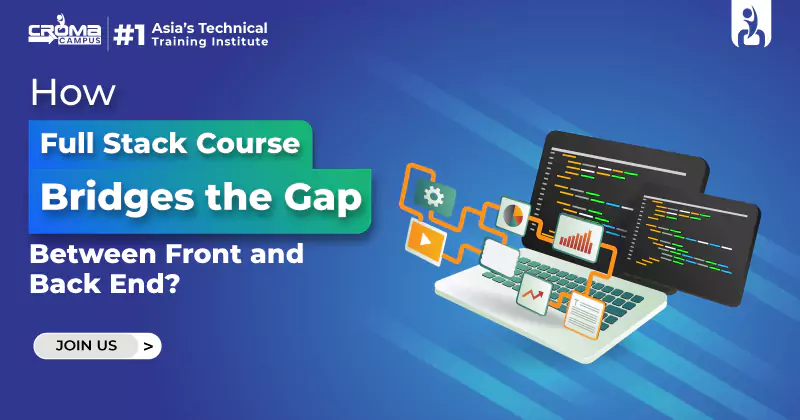
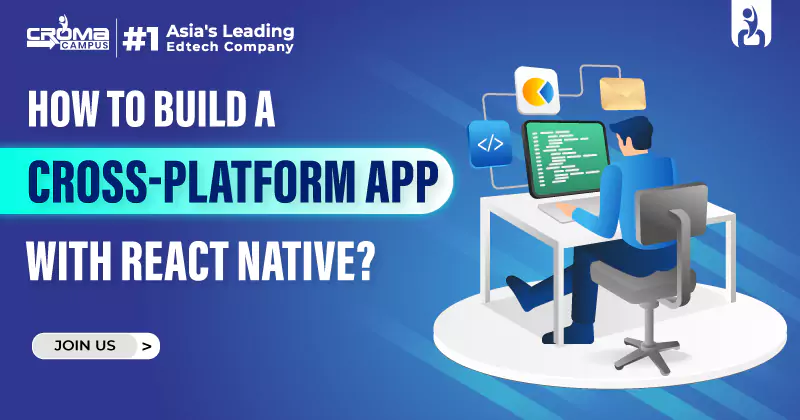

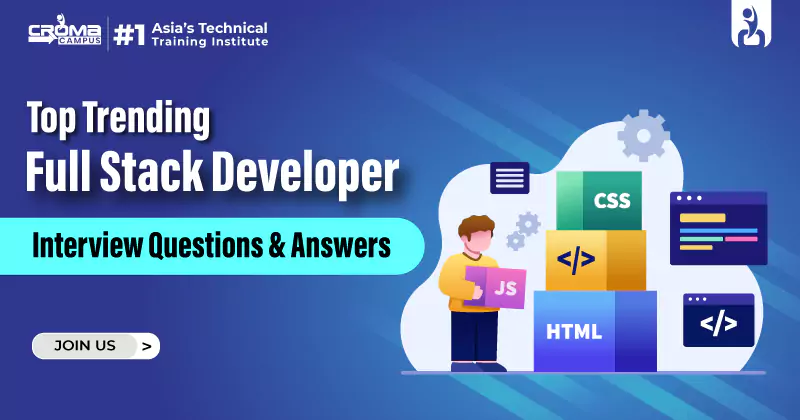
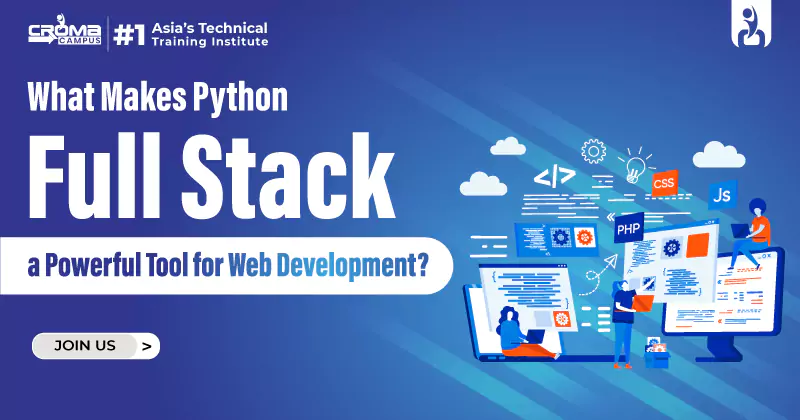
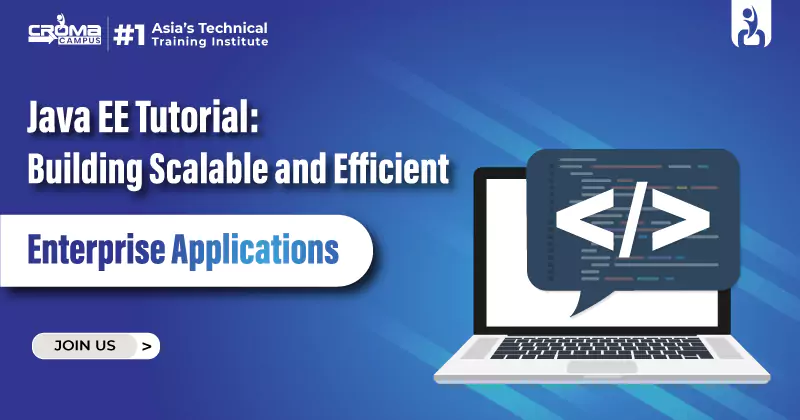
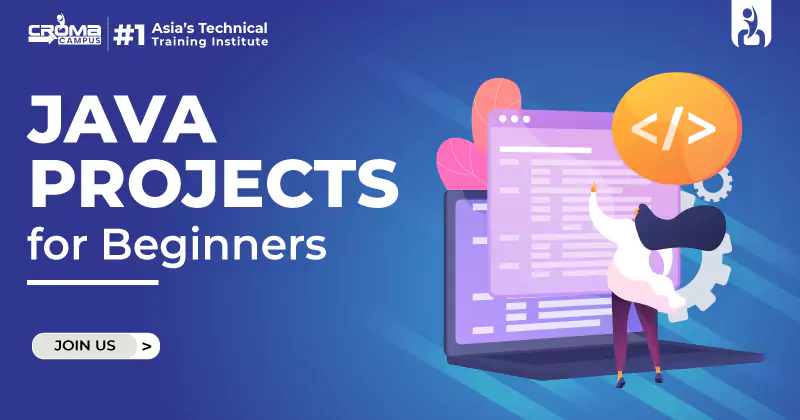
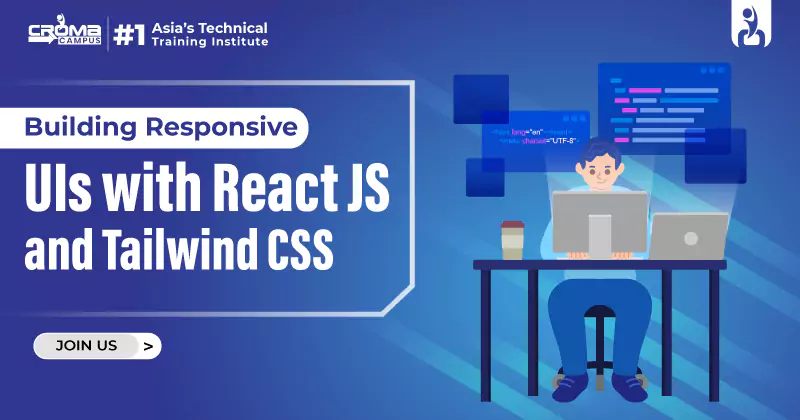
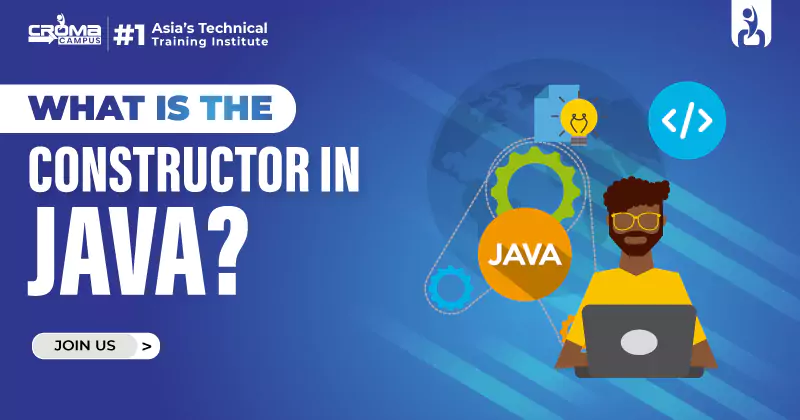

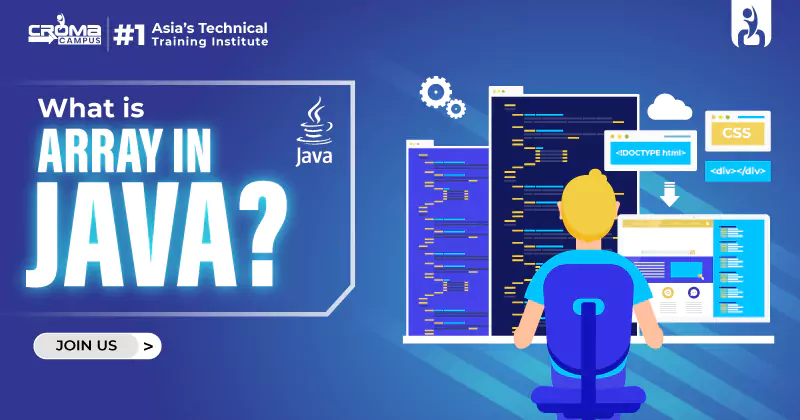
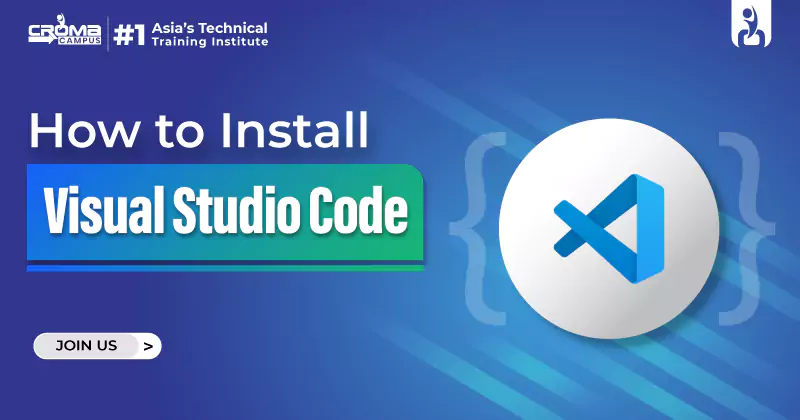









 Master in Cloud Computing Training
Master in Cloud Computing Training